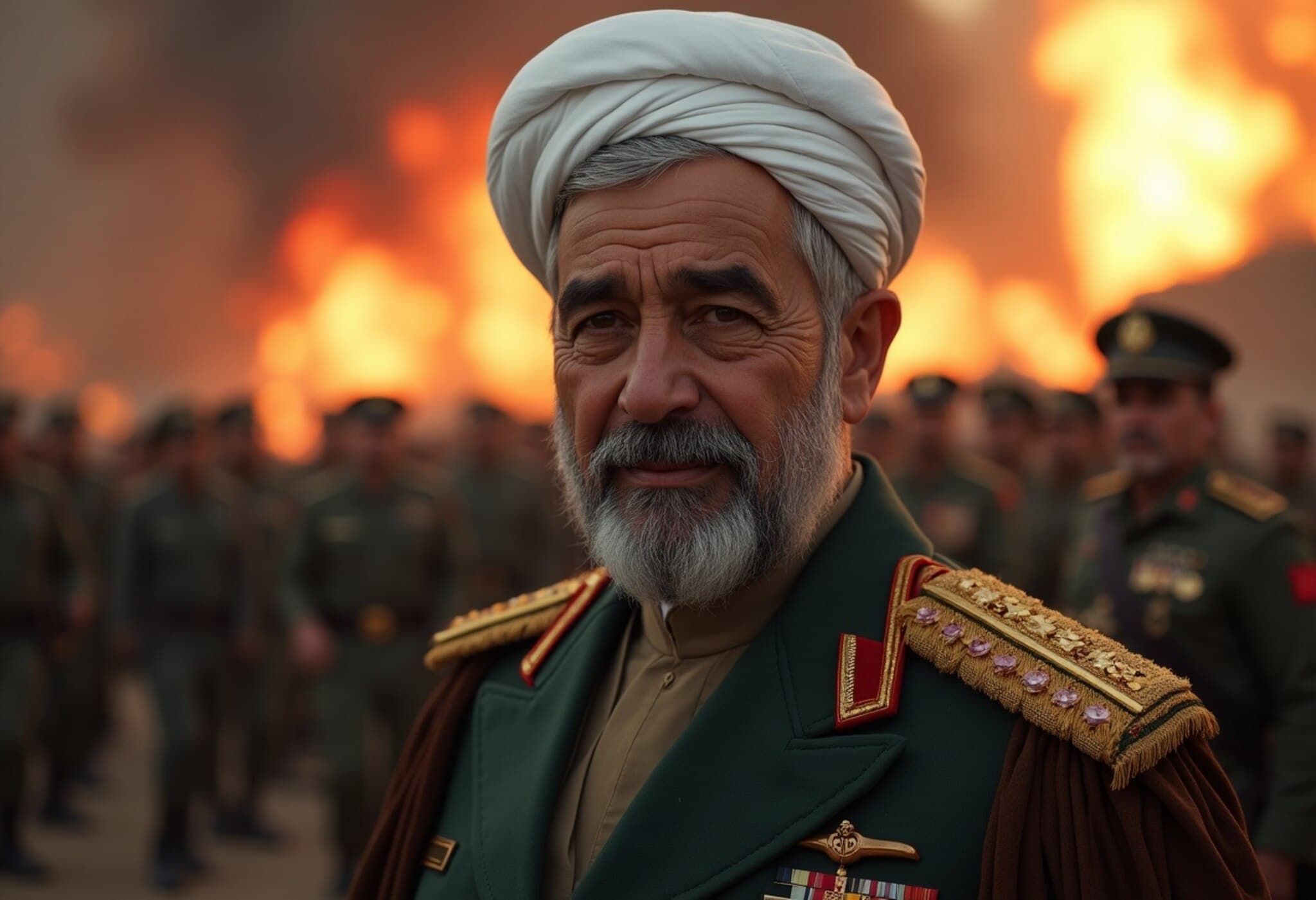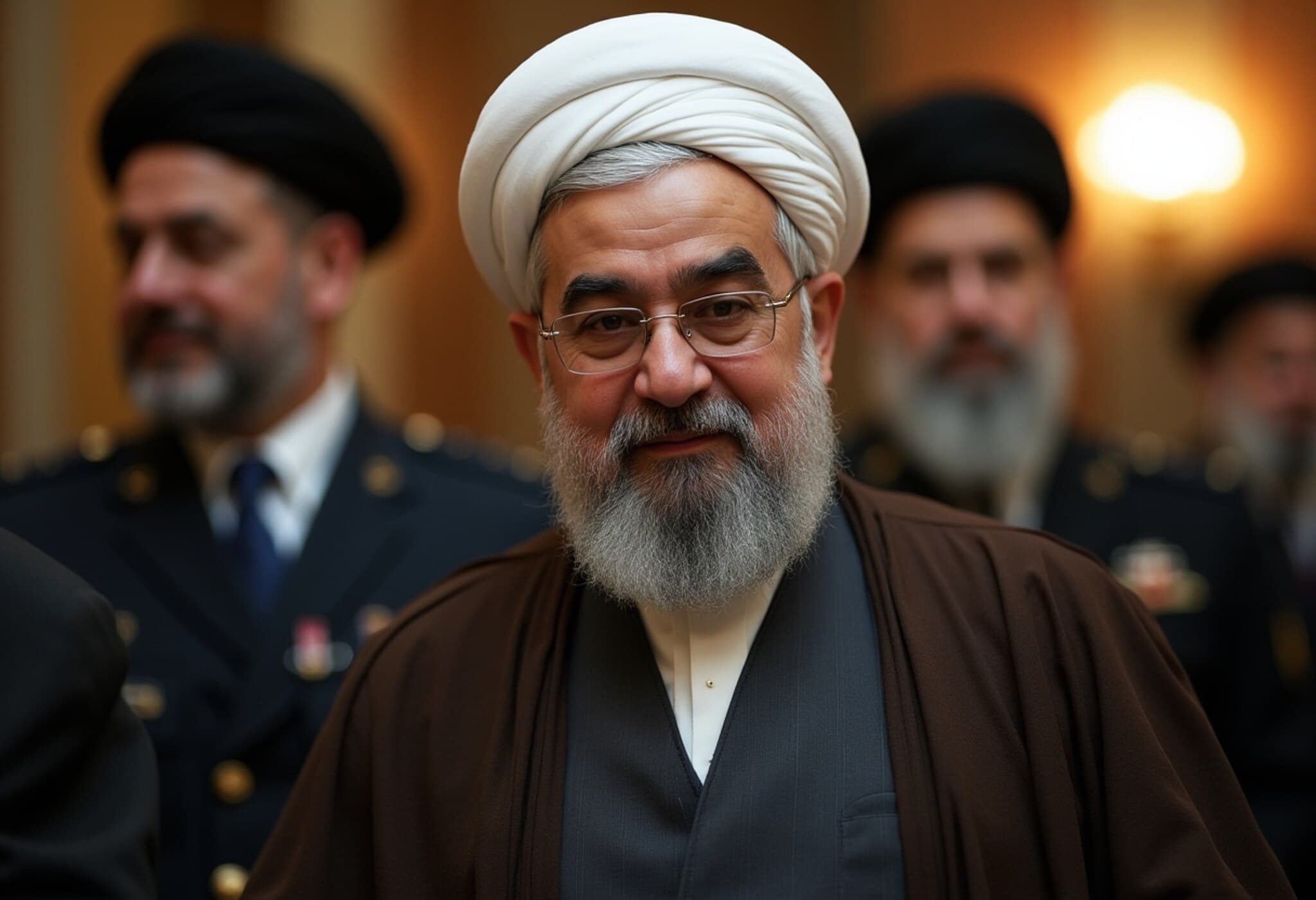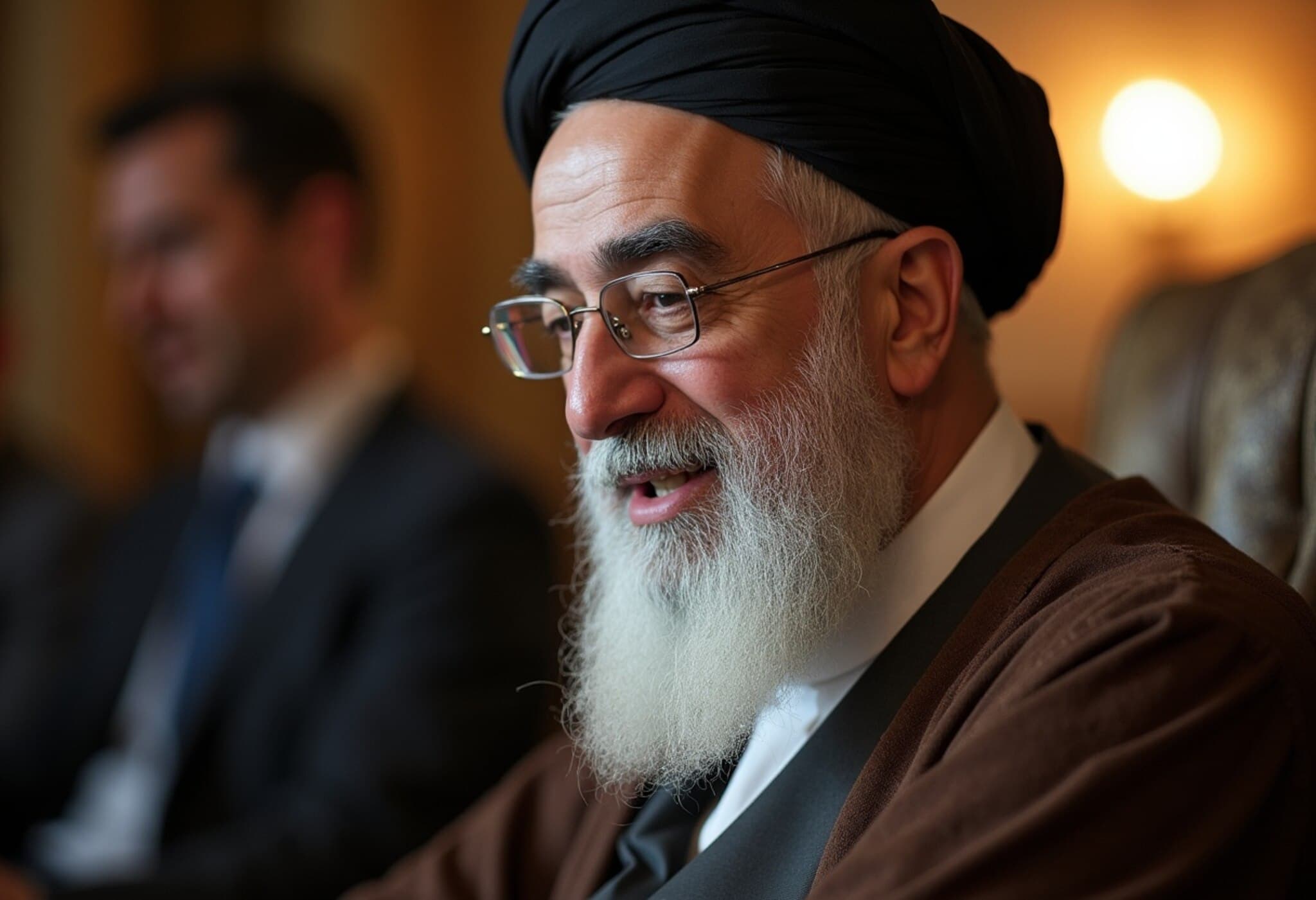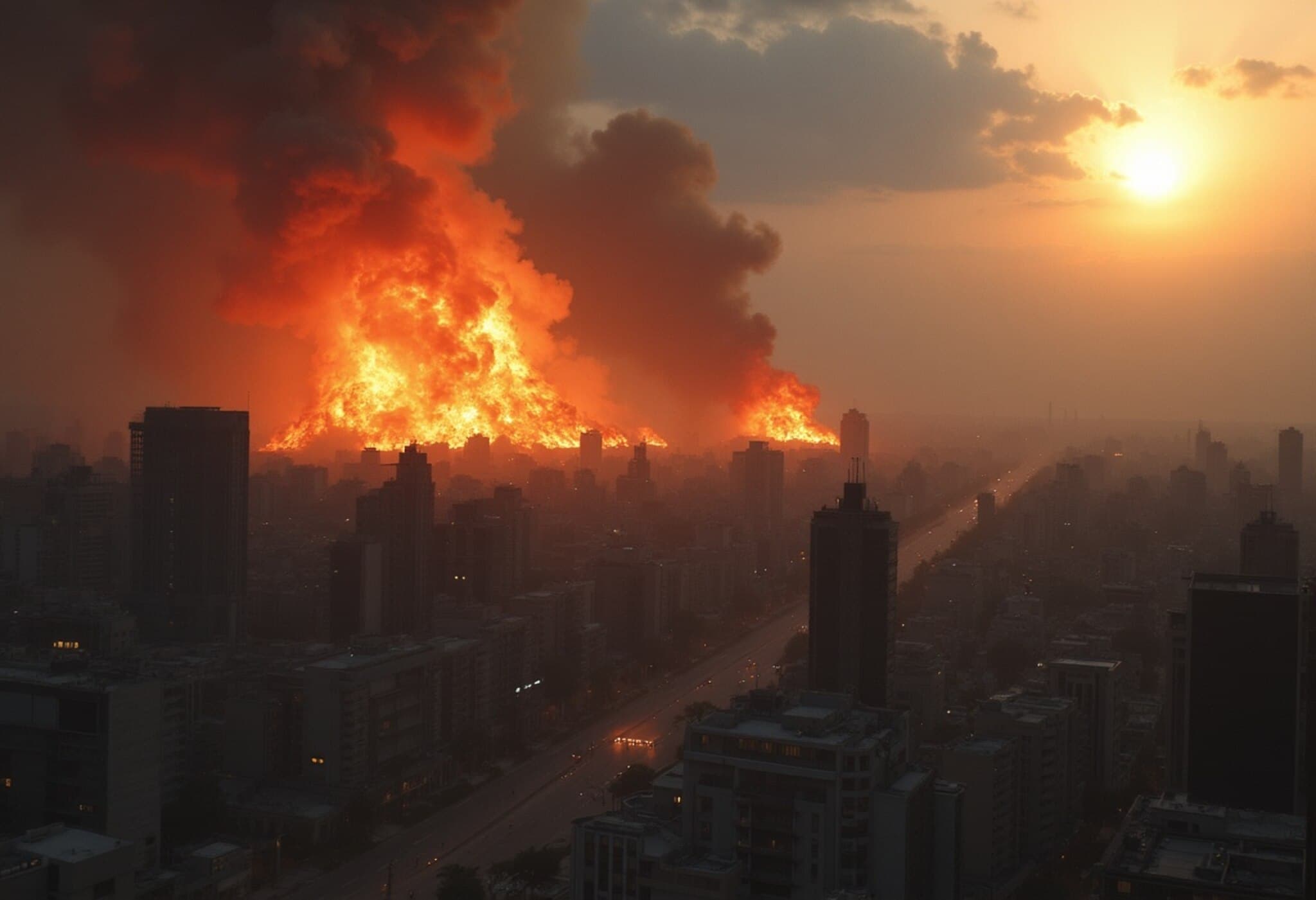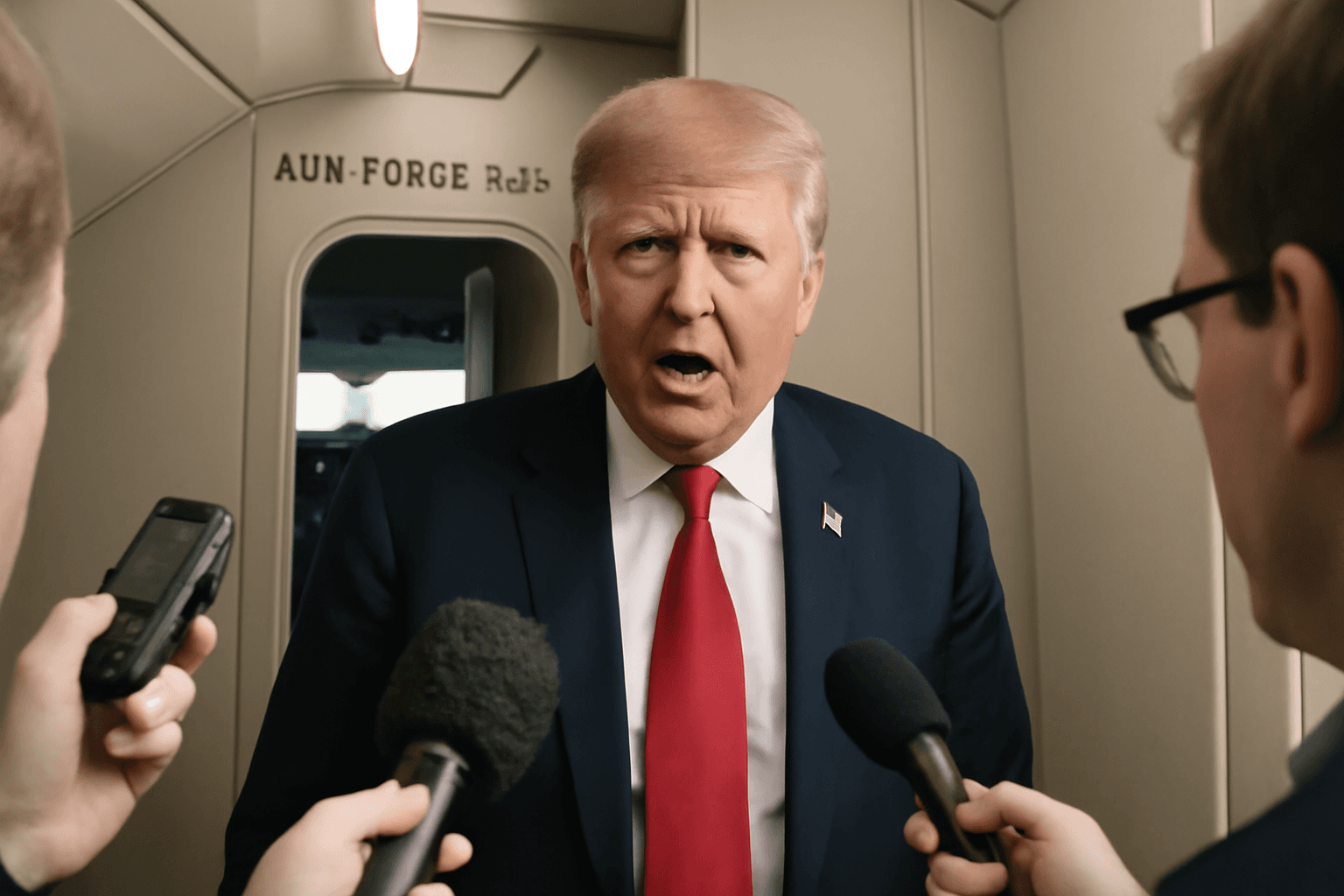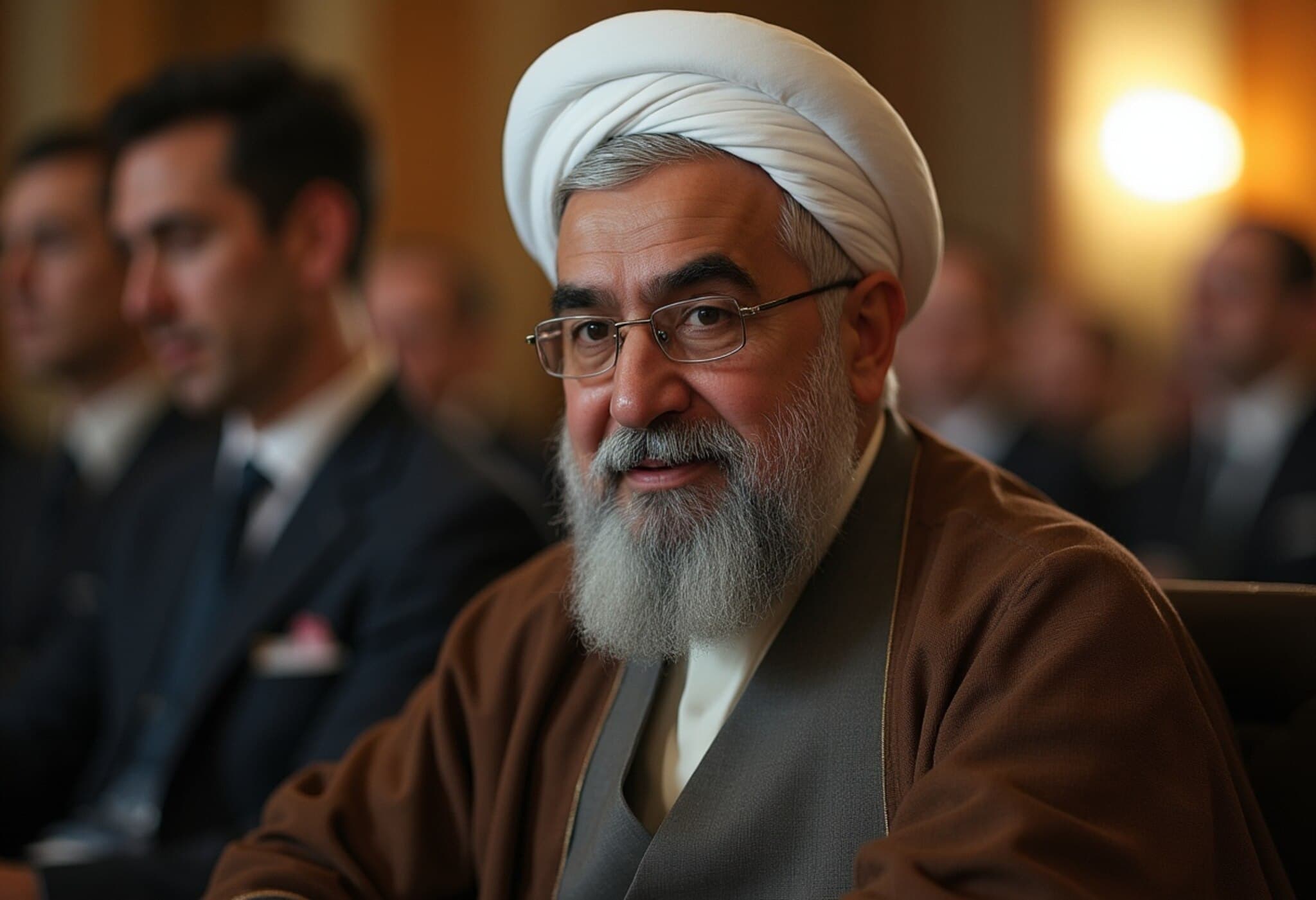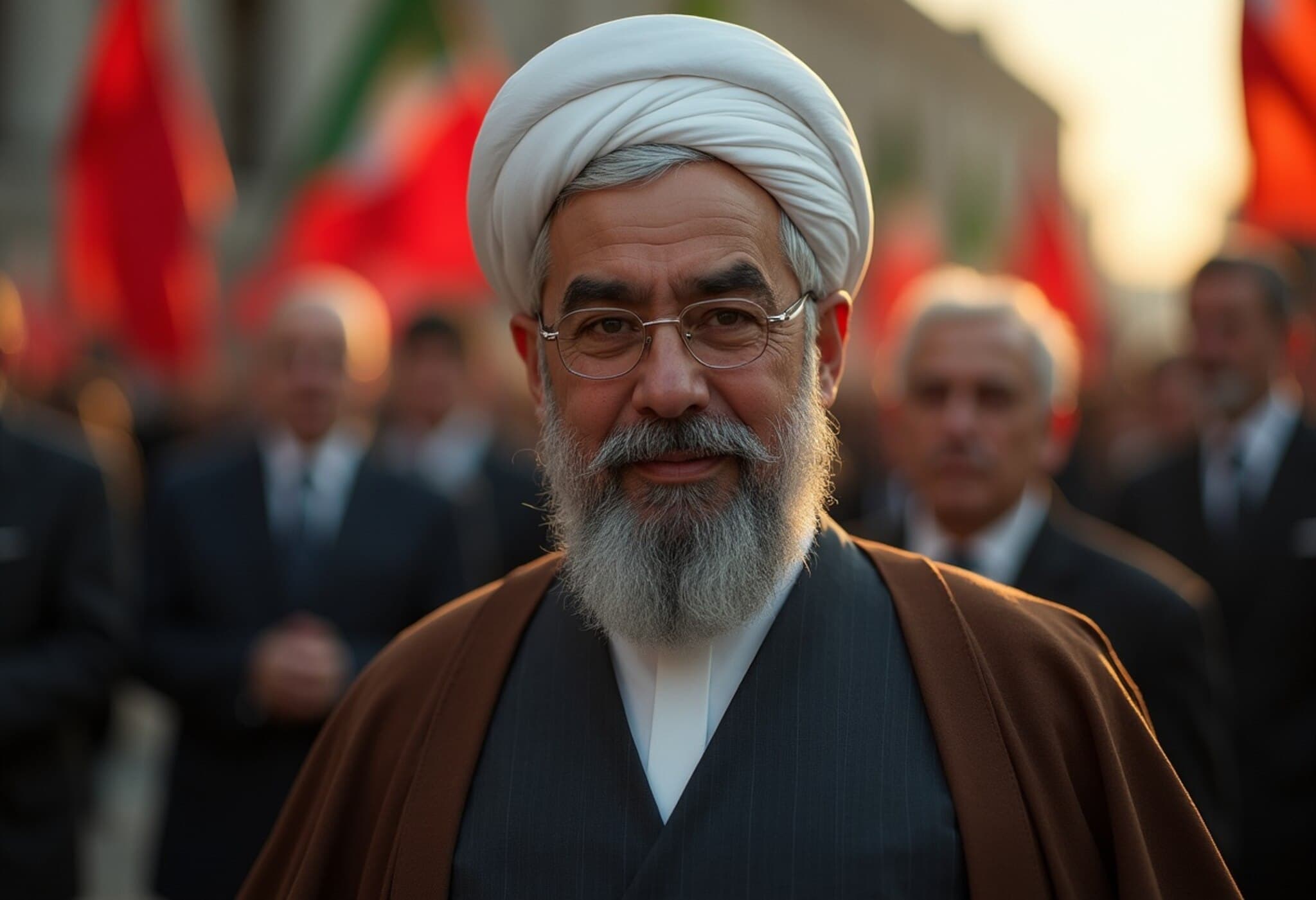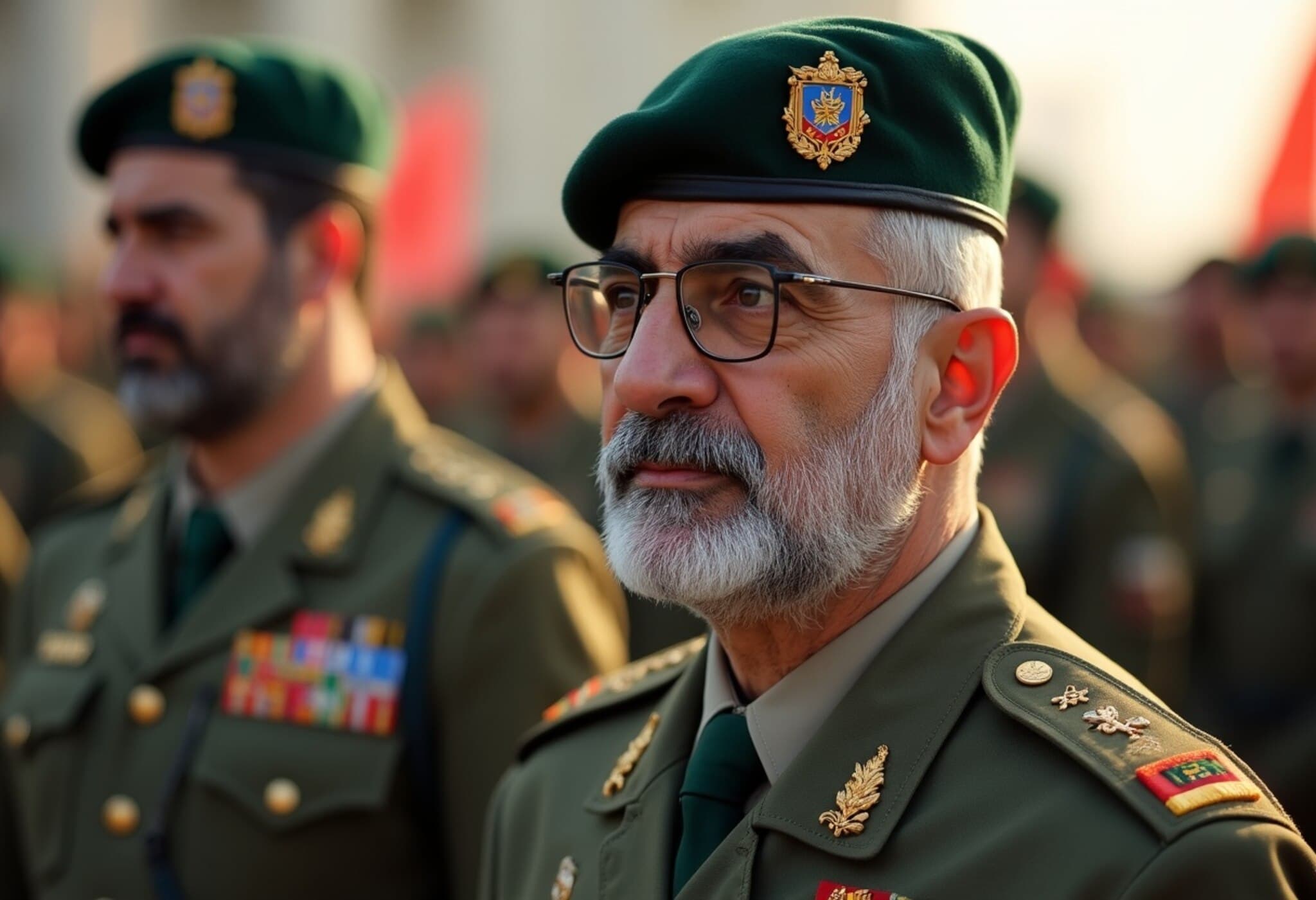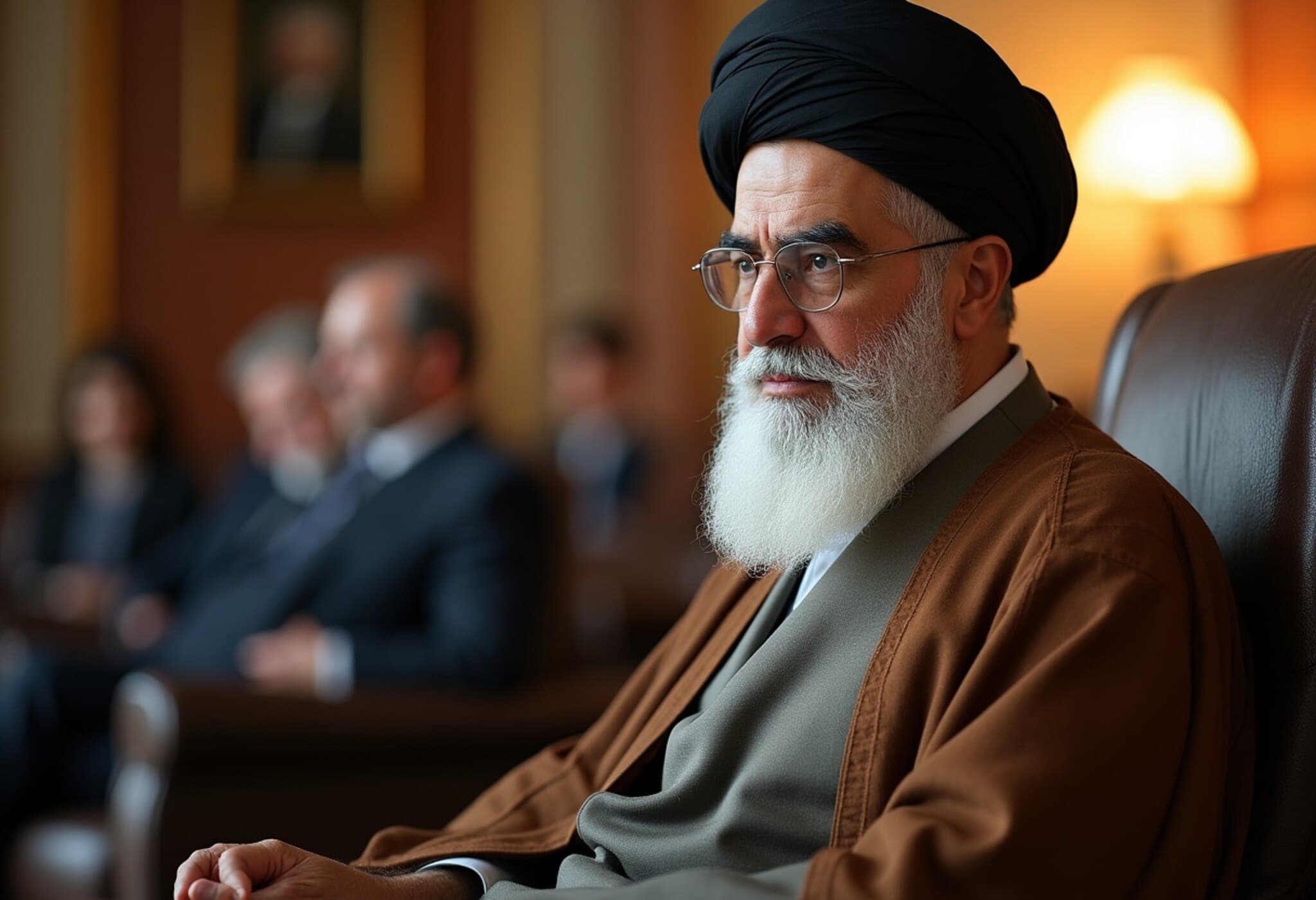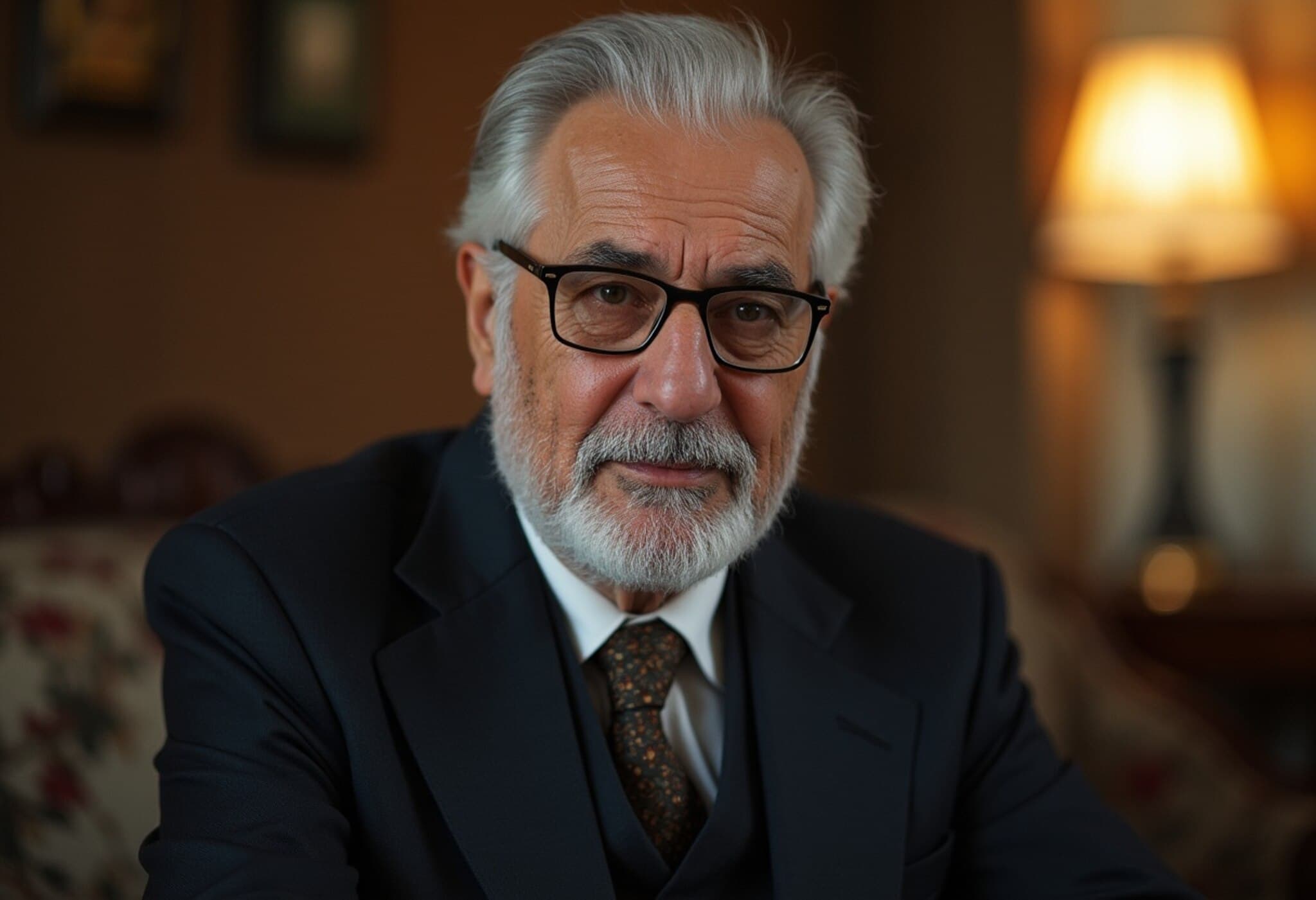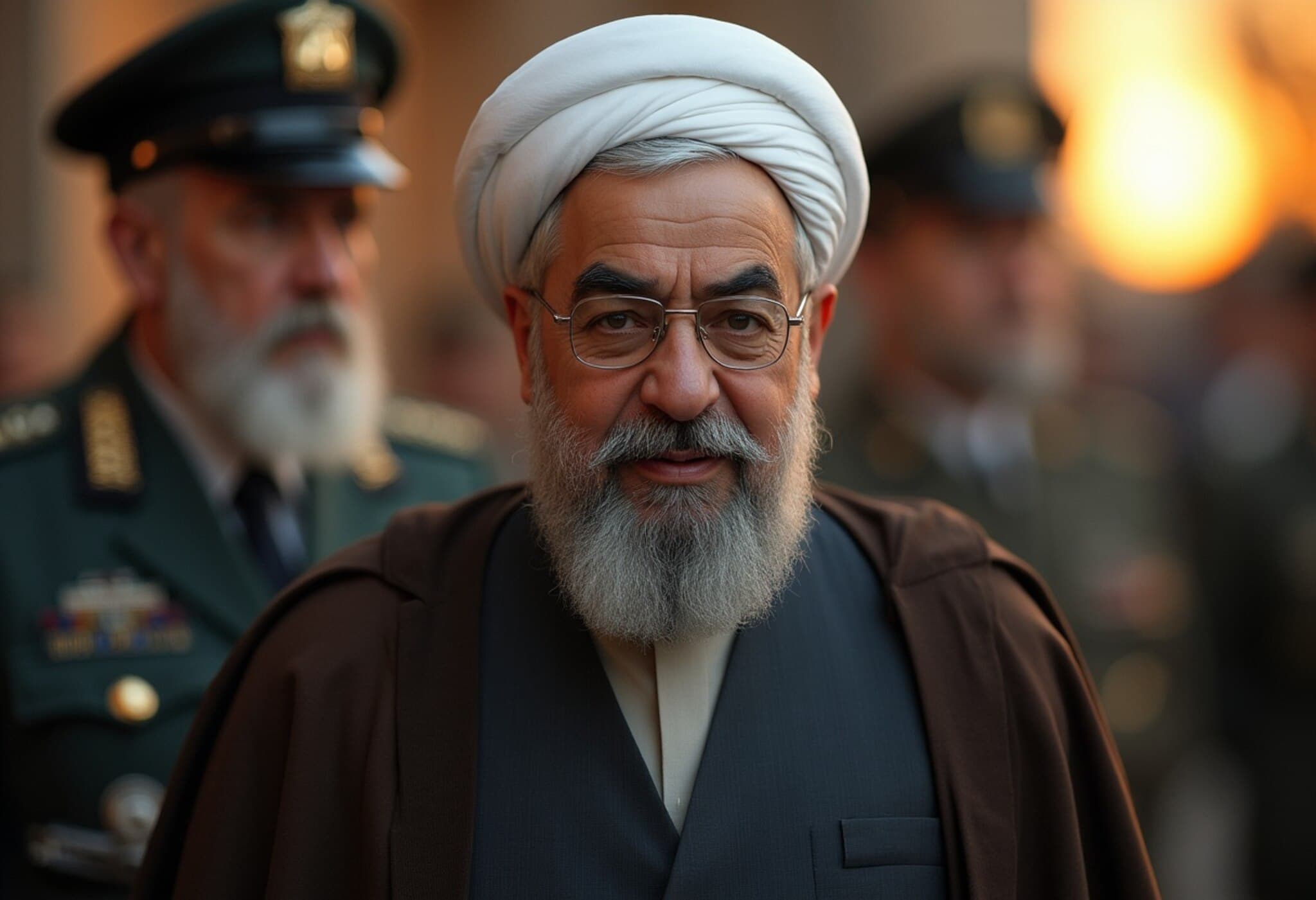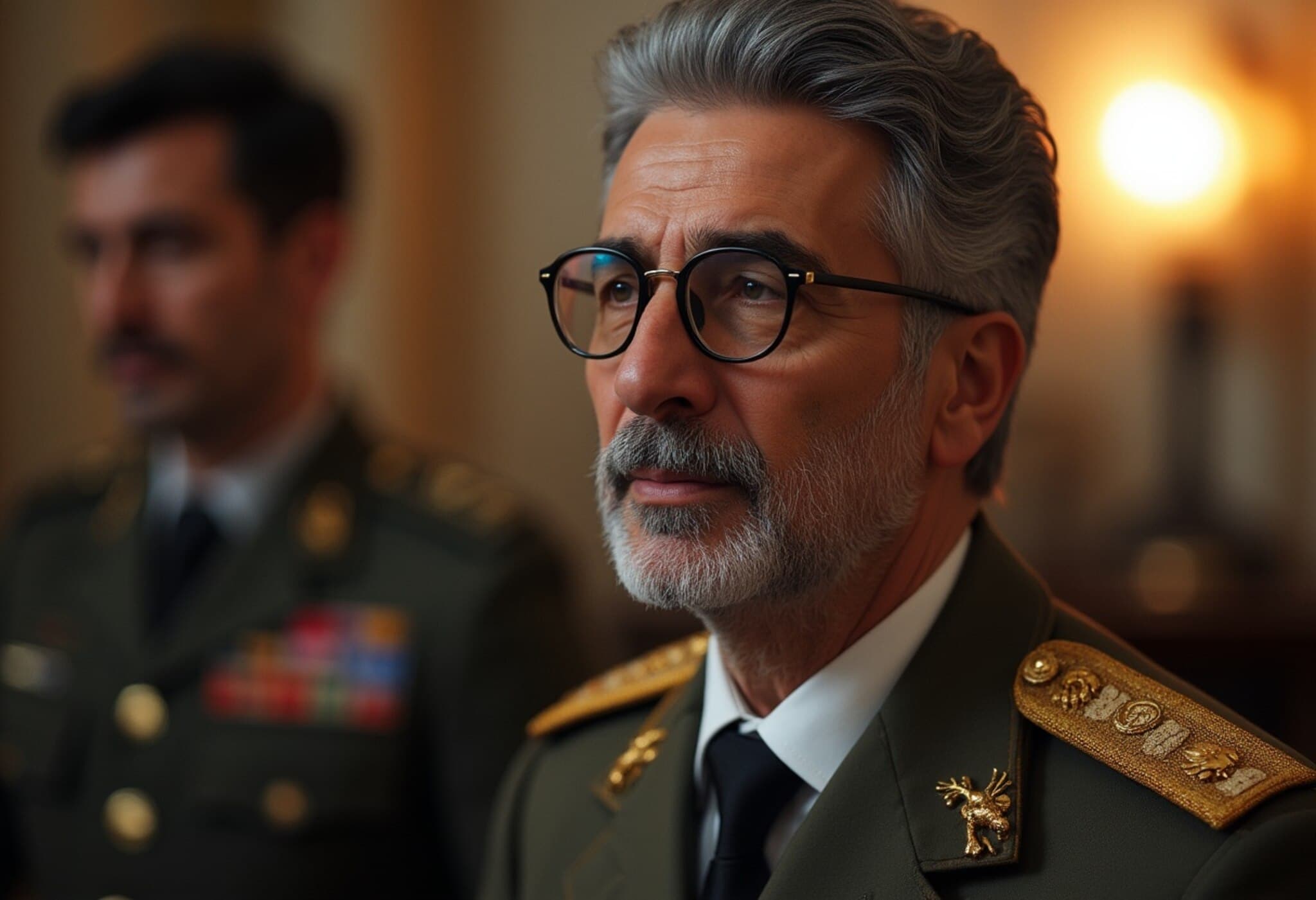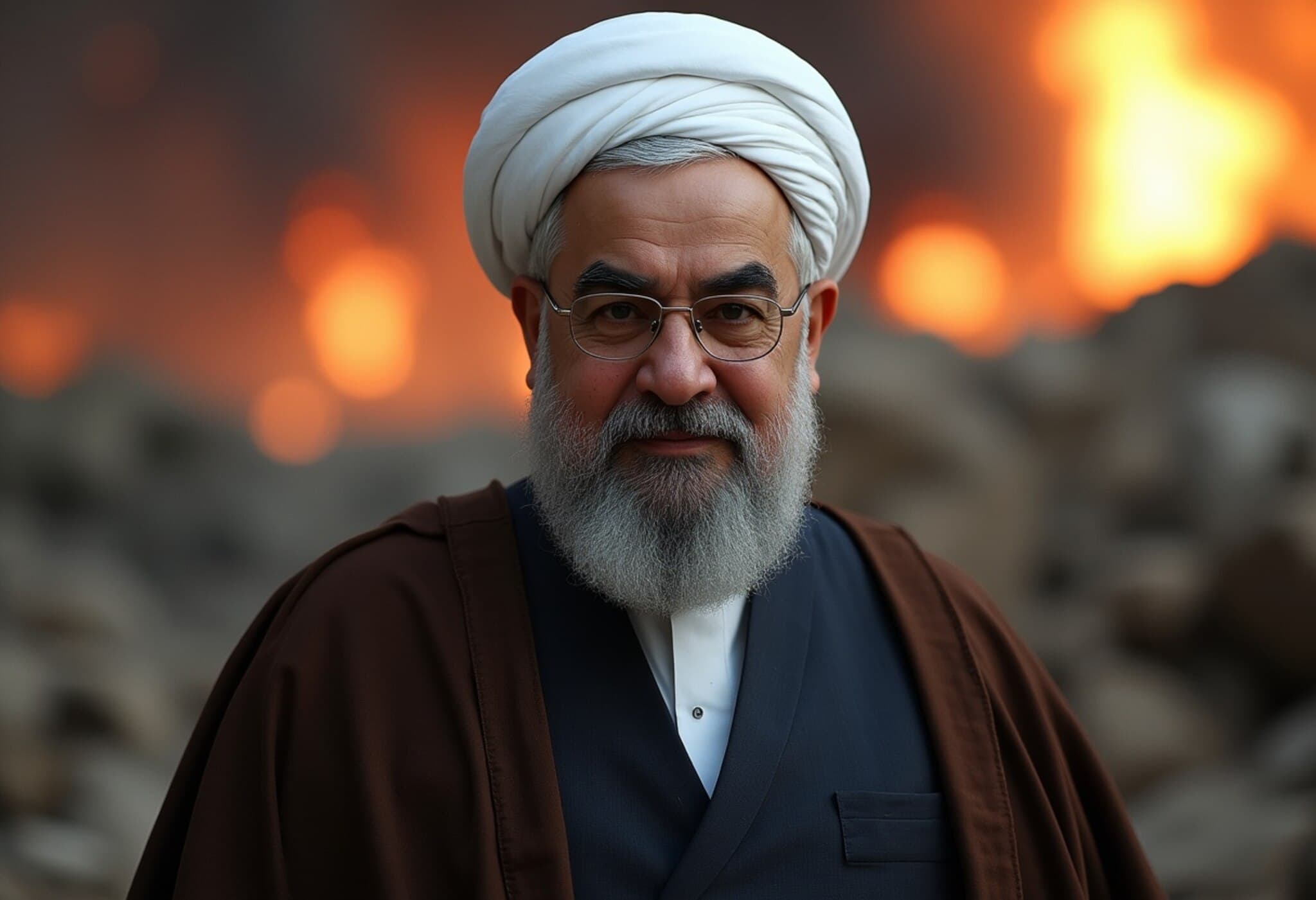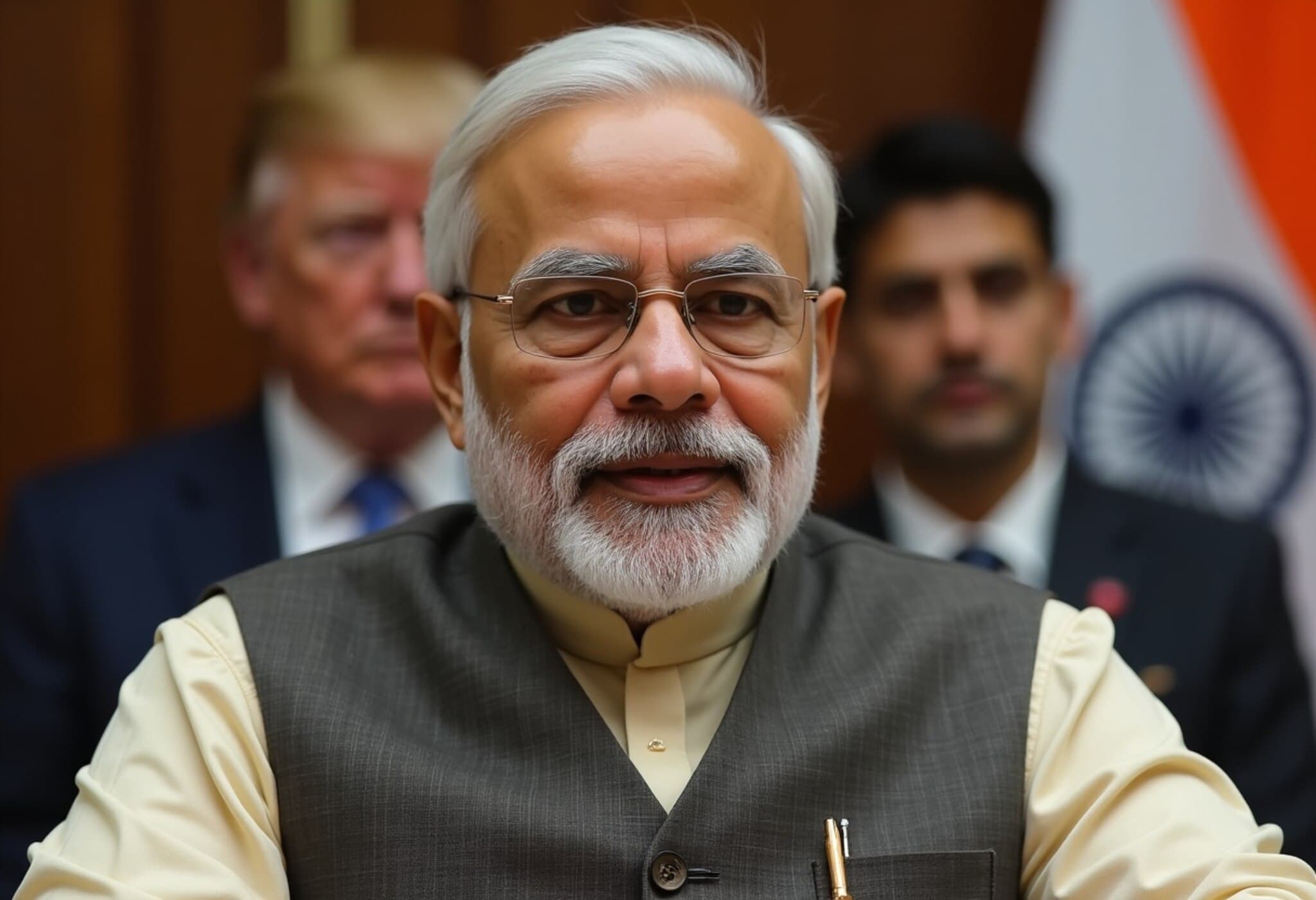Reza Pahlavi Calls for Regime Change Amid Iran’s Tumultuous Times
In the midst of political turmoil and military tensions, Reza Pahlavi, the exiled son of Iran’s last Shah, has made a forceful call for the collapse of the current regime. Addressing Iranians in a late-night broadcast, he boldly declared that the Islamic Republic is crumbling and urged citizens and security forces to unite for a decisive uprising.
A Nation on the Brink: Pahlavi’s Vision for Iran’s Future
Reza Pahlavi emphasized the urgency of the moment, painting a picture of a regime in disarray with the Supreme Leader reportedly secluded in an undisclosed safe location. "The Islamic Republic has reached its end," he said. "Khamenei has gone into hiding, and the course of history is irreversible. Together, we will open a new chapter for Iran."
Rejecting fear about potential chaos after regime change, Pahlavi reassured the nation: "Iran will not fall into civil war or instability. We have prepared a clear plan for a democratic transition governed by and for the Iranian people." He appealed directly to the military, security forces, and public employees, urging them to abandon the faltering regime and join the movement for freedom.
Uniting Iranians Across the Country
Calling for a united uprising, Pahlavi named cities from all corners of the country, inspiring collective action. From Bandar Abbas in the south to Tabriz in the northwest, and Mashhad in the northeast to Ahvaz in the southwest, he implored Iranians to rise simultaneously and reclaim their nation from decades of authoritarian rule.
Context: Regional Tensions and Global Stakes
The calls for change come at a time of heightened conflict. Israel recently launched airstrikes targeting Iran’s nuclear facilities amid rising concerns over Tehran’s rapid uranium enrichment—levels now exceeding 60%, edging dangerously close to weapons-grade material.
Israeli leadership, alongside former US officials, have condemned Iran’s nuclear ambitions as unacceptable, fueling international unease. Their stated goal is to prevent the regime from developing nuclear weapons and to encourage political transformation from what they label as a radical theocracy.
Reflections on Iran’s Past and Present
Reza Pahlavi, once heir to the Peacock Throne, represents a monarchy overthrown in 1979 amidst revolutionary upheaval. While many Iranians abroad support his vision of reinstating a constitutional monarchy or alternative democratic government, opinions within Iran remain divided. Generations since have lived under vastly different circumstances, balancing nostalgia with memories of past oppression under the Shah’s rule.
Historically, Iran maintained close ties with the United States and Israel prior to the revolution. However, relations soured after the 1979 hostage crisis, with Iran’s government severing ties and adopting a deeply adversarial stance toward the West—a legacy that continues to influence current tensions.
Looking Ahead: The Road to Change
As Iran faces arguably its most volatile chapter in decades, the words of Reza Pahlavi reignite hope for transformation among many seeking democratic reform. Whether this moment leads to lasting change remains to be seen, but the call for unity and peaceful revolt resonates amid the rising turmoil and international scrutiny.
Key Highlights:
- Reza Pahlavi declares the Islamic Republic’s collapse imminent.
- He urges security forces not to defend the regime and join the uprising.
- Israel’s recent airstrikes reflect global fears over Iran’s nuclear progress.
- Historical context underscores deep divisions and contrasting visions for Iran’s future.

